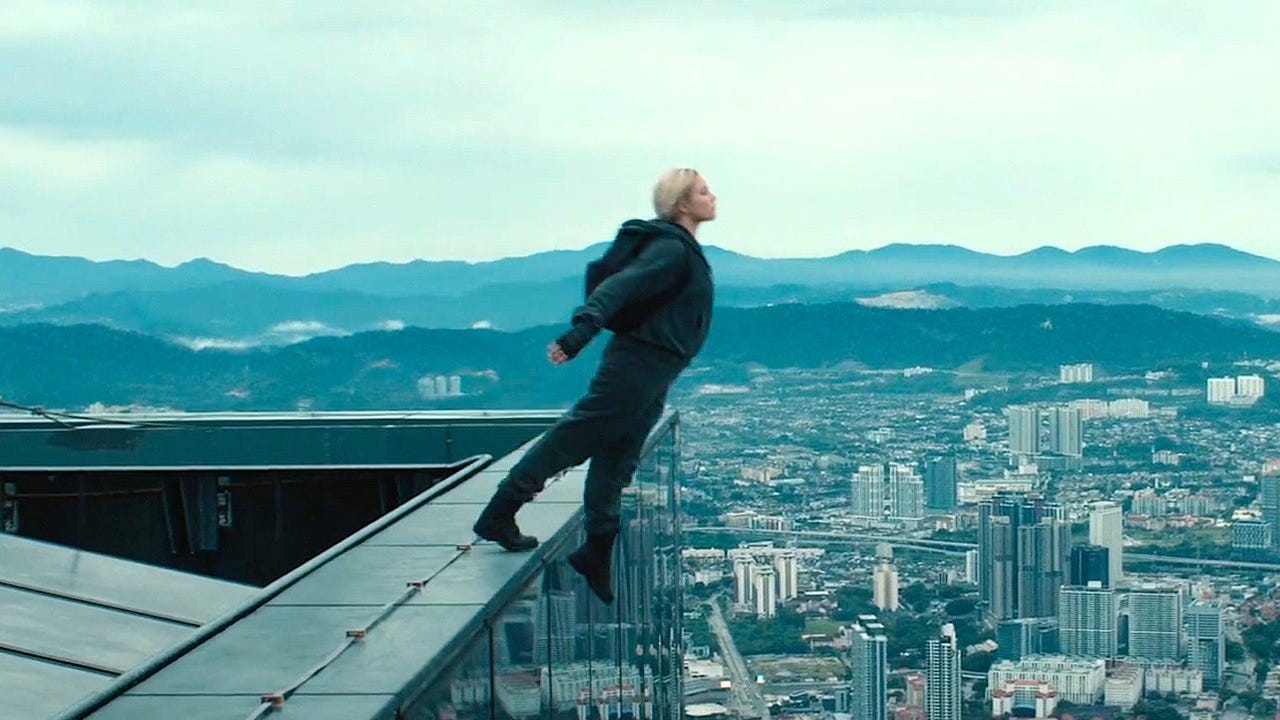Thunderbolts*
2025
For years now, Julia Louis Dreyfus has been running around in the background of the Marvel Cinematic Universe as Countess Valentina Allegra de Fontaine. If you’ve been following, you know what she’s been doing: collecting damaged and used characters to work as shadow operatives for her own ambitions. Now we know some of what those ambitions were. The ne…




